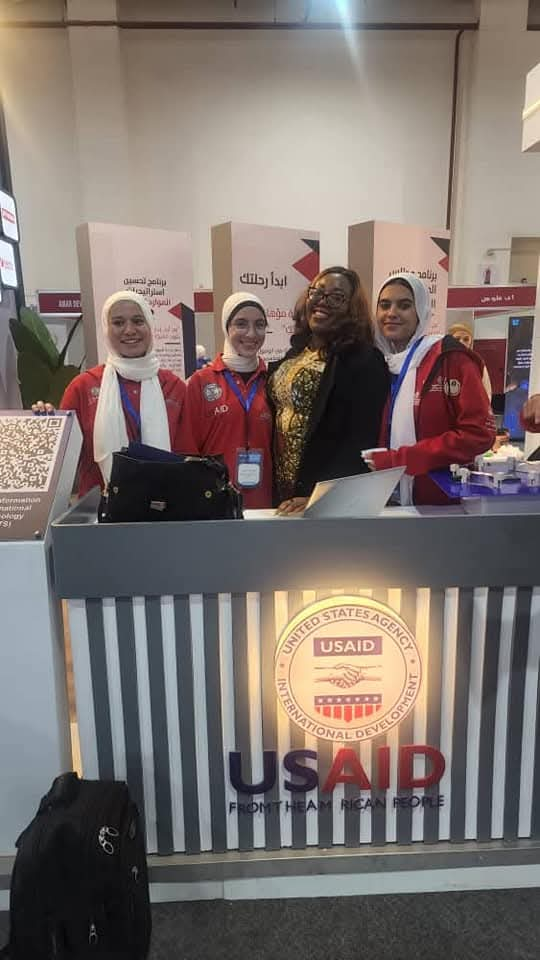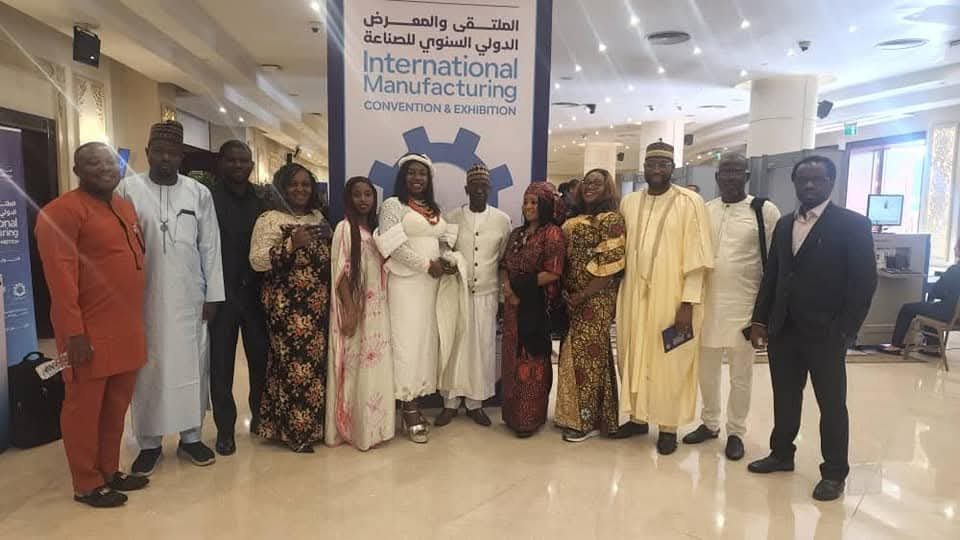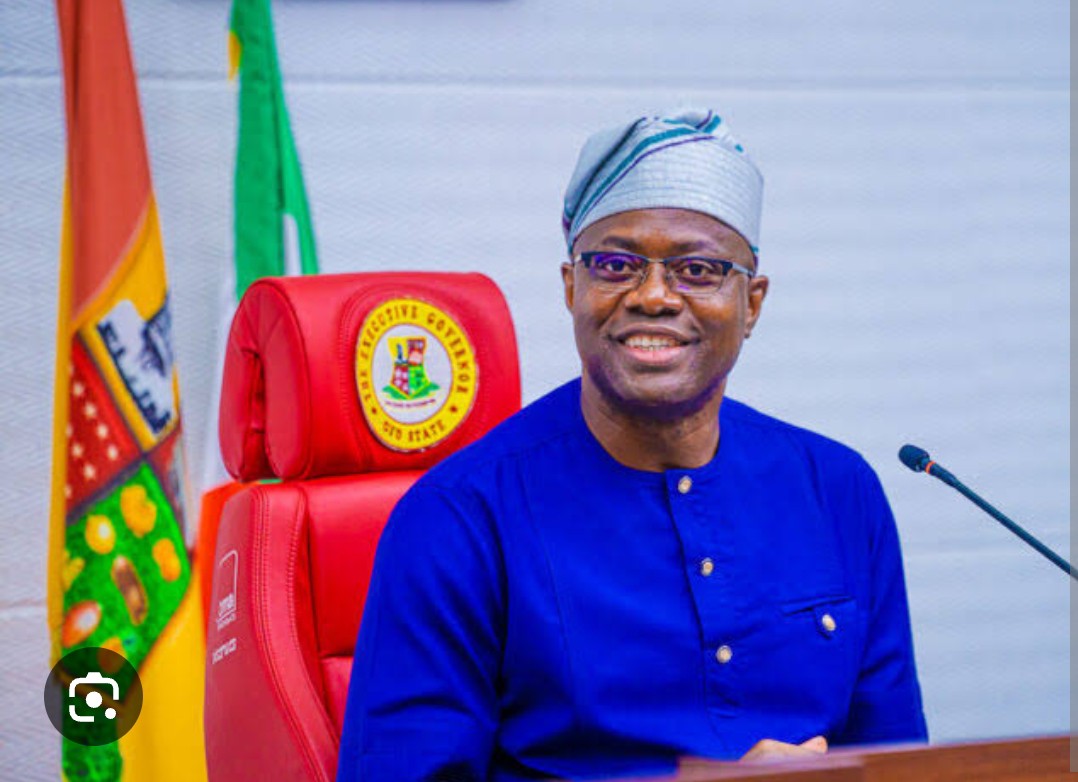As the world transitions into an era defined by innovation and technology, the educational landscape must evolve to meet the demands of the 21st century. In Kwara State, a visionary approach to Science, Technology, Engineering, Arts, and Mathematics (STEAM) education is reshaping the future for young learners. The Special Adviser on Education to the Governor of Kwara State, Dr Tola Salau , has embarked on a transformative mission to establish a world-class STEAM-focused ecosystem.
With a deep appreciation for the state cultural heritage, human potential, and strategic significance, this initiative promises to empower students with the critical skills, creativity, and resilience needed to excel in an increasingly interconnected and competitive global economy. From tackling infrastructure challenges to fostering public-private partnerships, the drive to make STEAM education accessible and impactful is gaining momentum.

This exclusive interview with Allaboutschools offers a glimpse into the bold vision, challenges, and strategies shaping the educational revolution in Kwara. It highlights groundbreaking initiatives such as the STEAMUP Kwara Project, the transformative Mathematics EdTech Training Programme, and a commitment to instilling 21st-century skills in the youth, ensuring they are future-ready and equipped to lead Nigeria’s development.
Could you share your vision for STEAM education in Kwara State and what inspired you to focus on this region?
As the Special Adviser on Education to the Governor of Kwara State, my vision is to transform the state’s education system into a world-class, STEAM-focused ecosystem that prepares students for success in the 21st century. I aim to achieve this by fostering a culture of innovation, creativity, and critical thinking among students, teachers, and the wider community. Kwara State unique cultural heritage, rich human resources, and strategic location make it an ideal hub for STEAM education in Nigeria. The state’s history of producing renowned scholars, innovators, and leaders also inspires me to focus on this region.
The journey to achieving my mission as the Special Adviser on Education to the Governor of Kwara State has been quite eventful. We successfully launched STEAMUP Kwara on May 30, marking the inception of our mission to revolutionize the education sector in Kwara State. Through this initiative, we have introduced a range of innovative programs designed to transform the education landscape.
What are some of the biggest challenges facing STEAM education in Nigeria, particularly in Kwara, and how do you plan to address them?
Some of the biggest challenges facing STEAM education in Nigeria and Kwara State include inadequate infrastructure, limited resources, shortage of qualified teachers, and a lack of emphasis on practical, hands-on learning. To address these challenges, I plan to collaborate with private sector companies, international organizations, and local communities to provide training, resources, and infrastructure support. We will also introduce innovative, technology-enabled learning platforms to enhance student engagement and outcomes.
How do you envision STEAM education transforming the lives of young people in Kwara State?
I envision STEAM education transforming the lives of young people in Kwara State by providing them with the skills, knowledge, and mindset needed to succeed in the 21st-century economy. STEAM education will empower them to become innovators, entrepreneurs, and leaders who can drive positive change in their communities.
Through STEAM education, young people in Kwara State will gain the skills and confidence to pursue careers in science, technology, engineering, arts, and mathematics. They will also develop essential life skills such as critical thinking, problem-solving, creativity, and collaboration.
With the shift towards a “future-ready” curriculum, what specific skills do you believe Nigerian youth need to thrive in today’s global economy?
To thrive in today’s global economy, Nigerian youth need to acquire a range of skills, including:
- Critical thinking and problem-solving
- Creativity and innovation
Collaboration and teamwork - Digital literacy and proficiency
- Data analysis and interpretation
- Communication and presentation
- Adaptability and resilience
- Entrepreneurship and leadership
These skills will enable Nigerian youth to adapt to the rapidly changing job market, innovate and create new opportunities, and compete effectively in the global economy.

Can you highlight any unique STEAM initiatives you’re working on or planning to launch in Kwara State?
One of the unique STEAM initiatives I’m working on is the “STEAMUP Kwara Project,” launched on 30th of May 2024.This initiative is designed to transform the learning experience for students in Kwara State by integrating Science, Technology, Engineering, Arts, and Mathematics (STEAM) into the curriculum.
Our goal is to provide students with the skills and knowledge needed to succeed in the 21st-century economy. To achieve this, we have launched various initiatives such as ‘Digi Safe’, a three-day sensitization program aimed at promoting digital literacy and online safety among students.
We have also introduced the Mathematics EdTech Training programme, which focuses on enhancing the teaching and learning of mathematics using technology-enabled platforms. Additionally, our STEM Immersion programme provides students with hands-on, project-based learning experiences in science, technology, engineering, and mathematics.
The Free Summer Coding and Digital Literacy Bootcamp, which [was] held across six centers in the three senatorial districts of Kwara State, was a huge success. The program was designed for students between the ages of 11 and 15, and it provided them with a solid foundation in coding, algorithmic thinking, and other essential ICT skills
The just-concluded Kwara State Education Conference which was also a huge success, bringing together stakeholders in the education sector to discuss ways to advance STEAM education in the state. As emphasized during the conference, the theme “Future-Ready Education: Advancing STEAM and Skills Development for Nigerian Youth” highlights the need for a paradigm shift in our education system to prepare students for the challenges of the 21st century.
Overall, our initiatives are designed to provide students with the skills, knowledge, and mindset needed to succeed in an increasingly complex and interconnected world.
How do you plan to engage local communities, educators, and policymakers to create lasting support for STEAM programmes?
To create lasting support for STEAM programs, I plan to engage local communities, educators, and policymakers through a range of strategies, including:
- Community outreach and sensitization programs
- Teacher training and capacity-building programs
- Policy advocacy and stakeholder engagement
- Partnerships with local businesses and organizations
- Establishment of a STEAM advisory board comprising local stakeholders
By engaging local communities, educators, and policymakers, we can build a coalition of support for STEAM education and ensure its sustainability and impact.
What role do you see technology playing in advancing STEAM education in Kwara, especially in rural areas with limited resources?
Technology will play a critical role in advancing STEAM education in Kwara State, especially in rural areas with limited resources. We plan to leverage digital tools, online platforms, and mobile devices to provide access to high-quality STEAM education.
Technology will enable us to:
- Provide virtual learning opportunities and resources
Enhance teacher training and capacity-building
Facilitate collaboration and knowledge-sharing among students and teachers
Monitor and evaluate student progress and outcomes
How can partnerships with private sector companies or international organizations strengthen STEAM initiatives in Kwara State?
Partnerships with private sector companies or international organizations can strengthen STEAM initiatives in Kwara State in several ways:
- Providing funding and resources for STEAM programs
Offering expertise and technical support for teacher training and capacity-building
Facilitating collaboration and knowledge-sharing among students, teachers, and industry experts
What are your plans for measuring the success and impact of STEAM programmes on students in Kwara over the coming years?
As the Special Adviser on Education, I am committed to ensuring that our STEAM programs have a meaningful and lasting impact on students in Kwara State. To measure the success and impact of these programs, we have developed a comprehensive evaluation framework that includes the following:
Academic Achievement: We will monitor students’ academic performance in STEAM subjects, including their grades, test scores, and project outcomes.
Skills Development: We will assess students’ skills in areas such as critical thinking, problem-solving, creativity, and collaboration.
Career Aspirations and Readiness: We will track students’ career aspirations and readiness for STEAM-related careers, including their knowledge of career pathways and requirements.
Teacher Capacity and Confidence: We will evaluate teachers’ capacity and confidence in teaching STEAM subjects, including their knowledge of STEAM pedagogy and content.
Parent and Community Engagement: We will assess the level of engagement and support from parents and the community, including their participation in program activities and events.
Program Sustainability and Scalability: We will evaluate the sustainability and scalability of our STEAM programs, including their potential for replication and expansion to other schools and communities.

What advice would you give to young Nigerians who aspire to excel in STEAM fields and contribute to Nigeria’s future development?
I am passionate about inspiring and supporting young Nigerians to pursue careers in STEAM fields. Here are some pieces of advice I would give to young Nigerians who aspire to excel in STEAM fields and contribute to Nigeria’s future development:
Develop a passion for learning: STEAM fields are constantly evolving, and there is always something new to learn. Cultivate a love for learning, and be curious about the world around you.
Focus on building strong foundational skills: Develop a strong foundation in mathematics, science, and critical thinking. These skills are essential for success in STEAM fields.
Explore various STEAM fields: Don’t limit yourself to one area of STEAM. Explore different fields, such as robotics, artificial intelligence, biotechnology, and data science, to discover your passions and interests.
Seek out opportunities for hands-on experience: Look for internships, apprenticeships, or volunteer opportunities that provide hands-on experience in STEAM fields.
Network and collaborate with others: Connect with other students, professionals, and mentors in STEAM fields. Collaborate on projects, share ideas, and learn from each other’s experiences.

Stay up-to-date with industry trends and developments: Follow industry leaders, researchers, and innovators on social media, attend conferences and seminars, and participate in online forums to stay informed about the latest developments in STEAM fields.
Be persistent and resilient: Pursuing a career in STEAM fields can be challenging. Be prepared to face obstacles, learn from failures, and persist in the face of adversity.
Stay true to your values and passions: Above all, remember why you started pursuing a career in STEAM fields in the first place. Stay true to your values, passions, and goals, and let them guide you as you navigate your career journey.
This advice hopefully could assist enabling our youth [to] excel in STEAM fields and contribute to Nigeria’s future development.












